

Giving Back
Supporting projects that restore nature and remove carbon from the atmosphere. We’d like your help in allocating funds.
Vote for your favourite project
Your vote will influence the support each project receives.
Wetland restoration, Croatia
Addressing biological and social challenges in wetland ecosystems
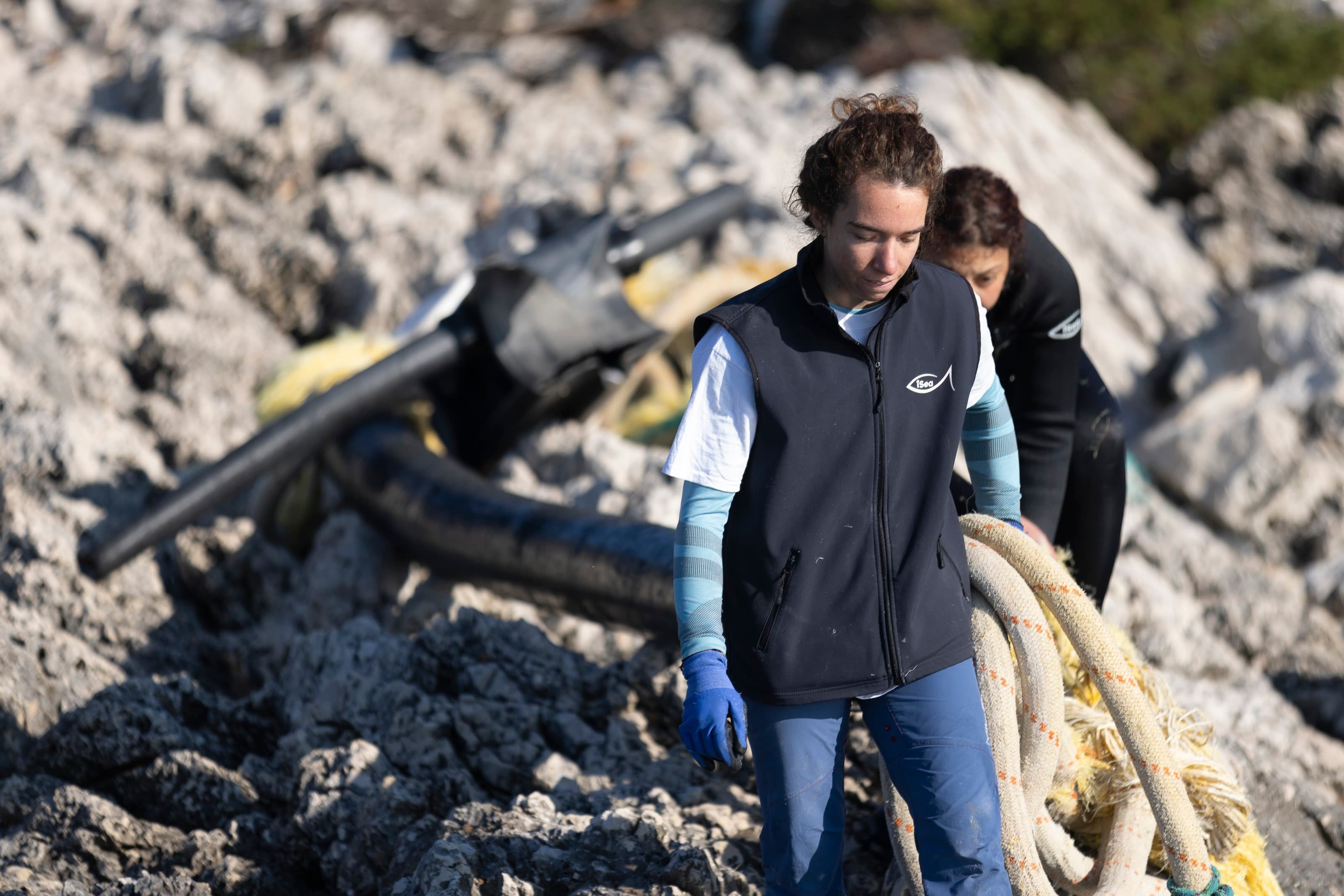
Zero-Waste Coastal Initiative, Greece
A Greek-based initiative combating beach litter through volunteer cleanups
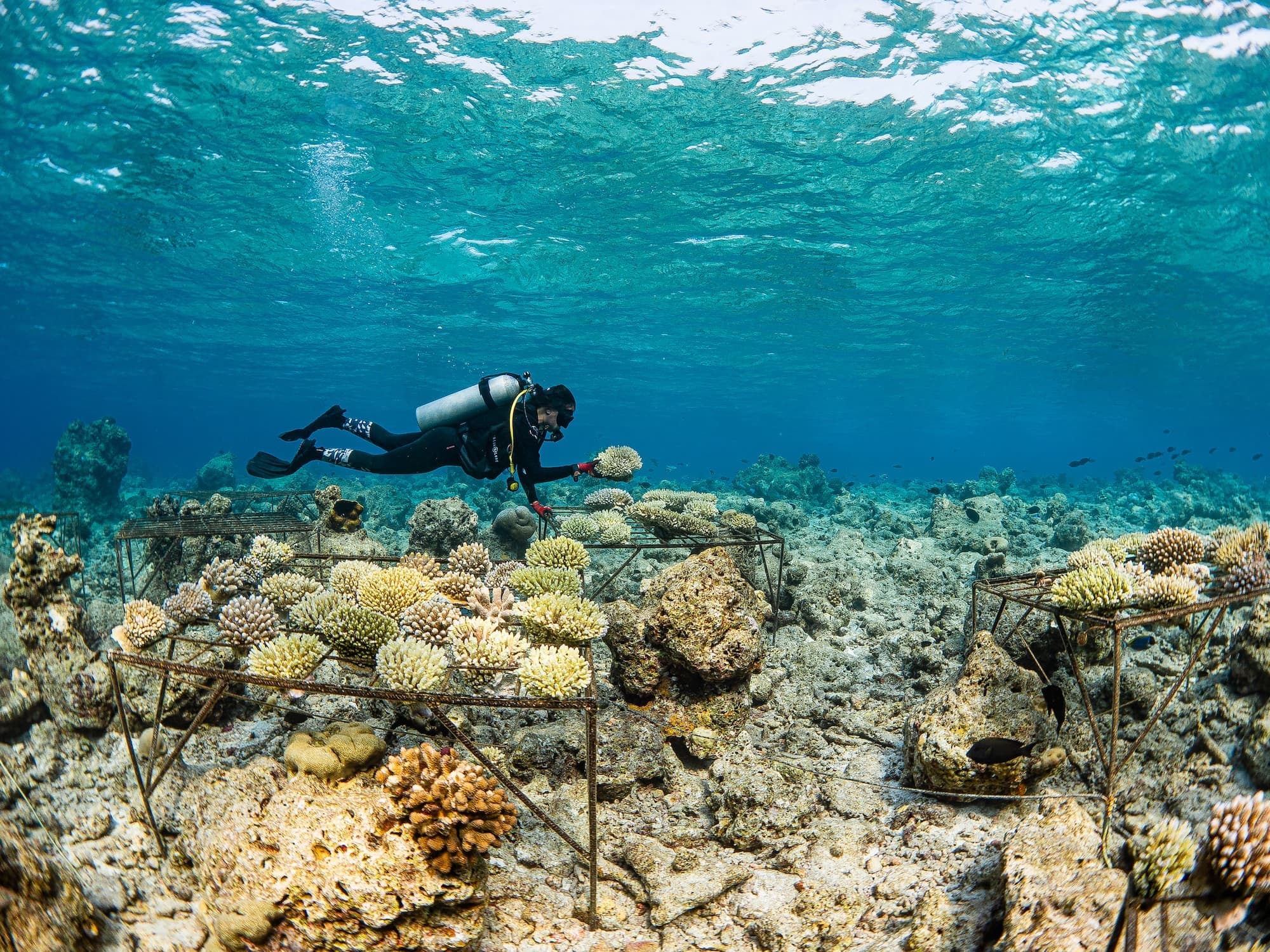
Coral Restoration - Malaysia
The creation of artificial reefs to reverse coral loss and create ecological habitats
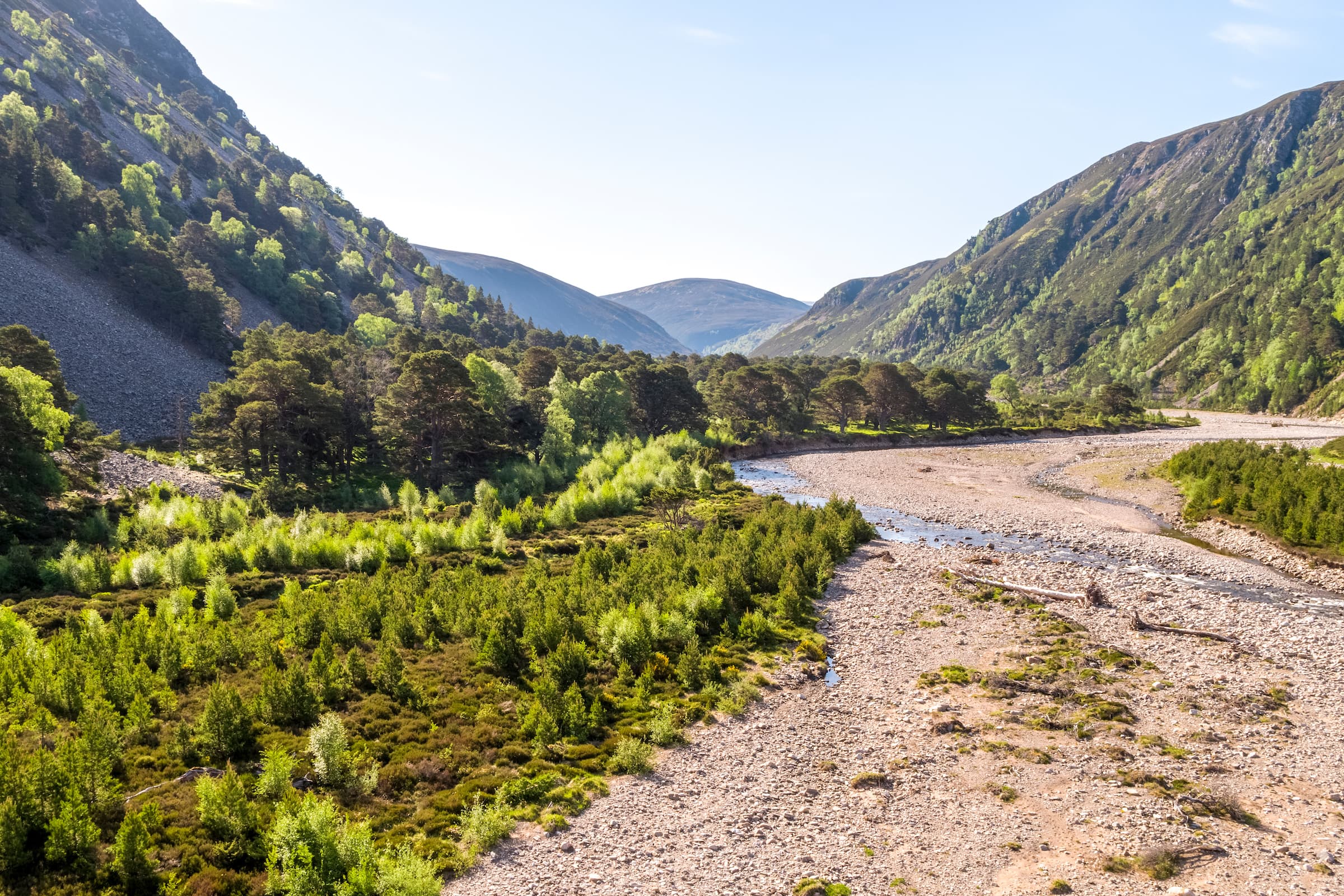
Rewilding in Scotland
Creating healthy woodlands, peatlands and salt marshes in Scotland
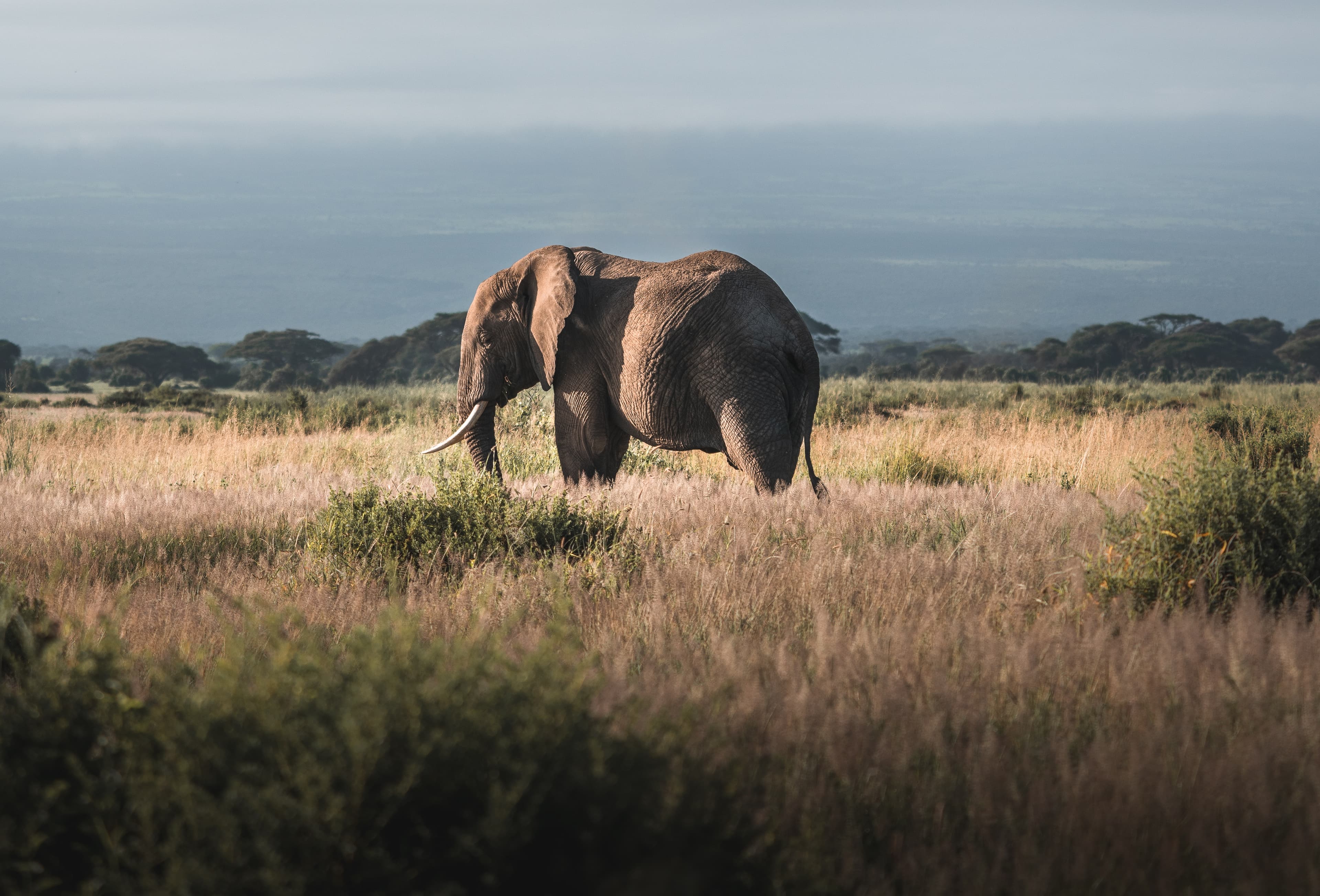
Combat Elephant Poaching in Africa
Supporting female rangers stop poaching of elephants in Africa
Our projects
Learn more about them, choose your favourite, and support them directly.

Wetland restoration, Croatia
This project restores one of the most important wetland biodiversity hot-spots in Croatia's Vrana Lake and the surrounding area of Ravni Kotaro. These wetalnds are vital for biodiversity and ecosystem services. It is recognised as an important wetland habitat because it is in an otherwise dry environment. The project focuses on strategic assessments, site restoration, and sustainable grazing, engaging local communities. The conservation status of the wetland habitats has been in decline for a long time now and they are in dire need of restoration.
Find out more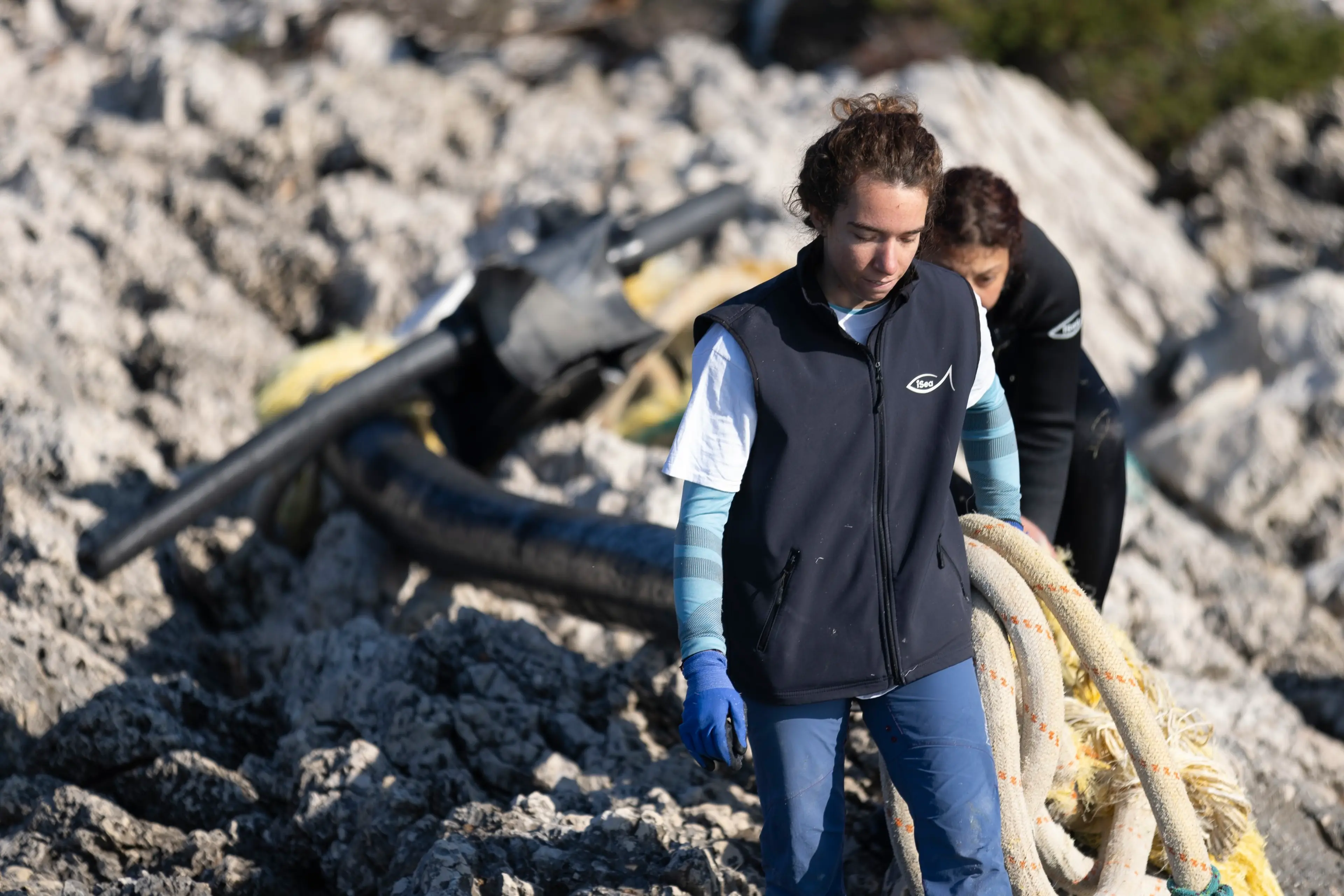
Zero-Waste Coastal Initiative, Greece
A project dedicated to reducing waste in aquatic ecosystems, particularly on Greek beaches. Through organised volunteer cleanups and public awareness campaigns, the project addresses the serious ecological, economic, and aesthetic consequences of beach litter, with a focus on single-use plastics.
Find out more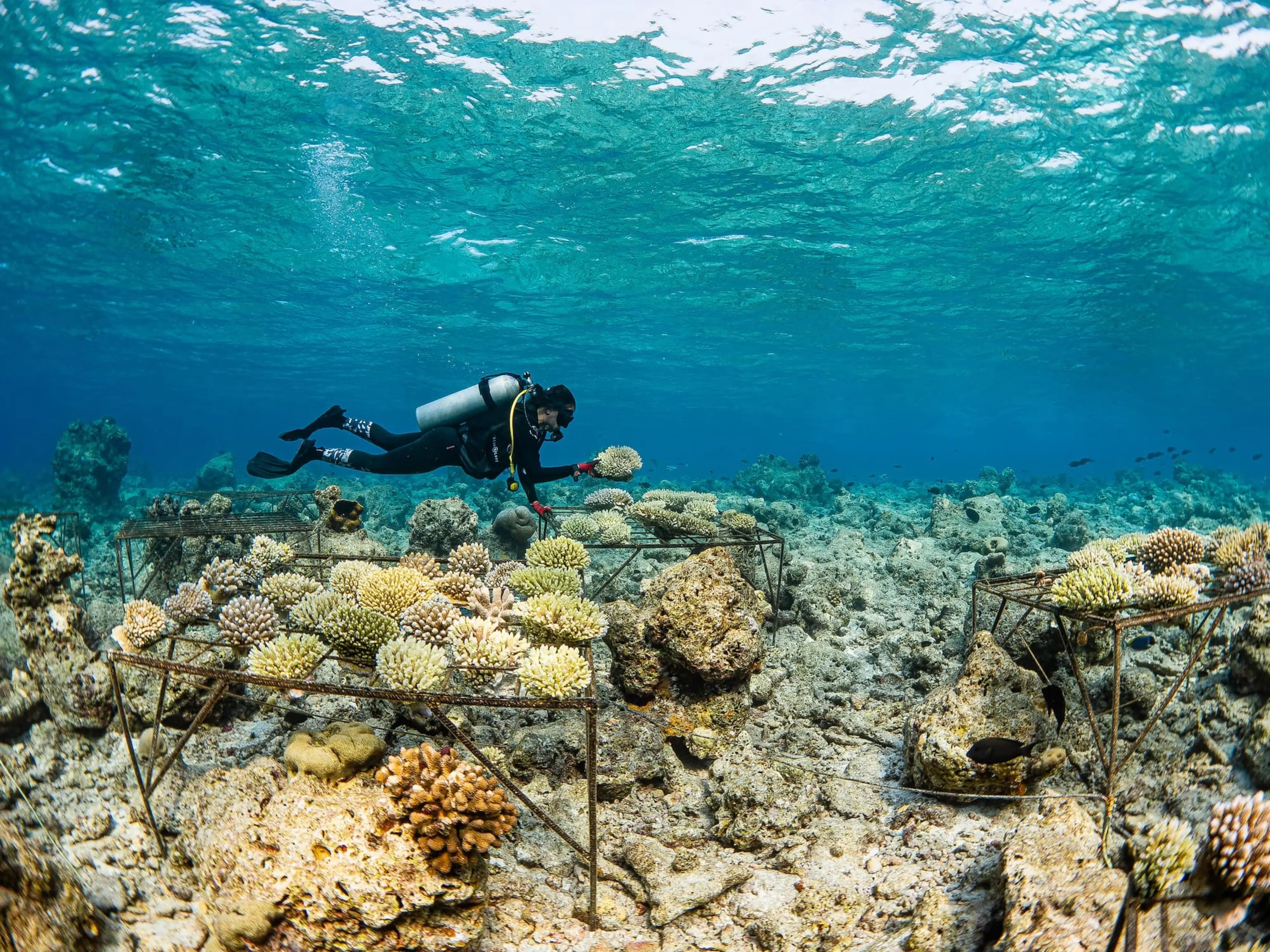
Coral Restoration
Coral reefs are globally declining and their valuable ecosystem services are being lost. Implementation of artificial reefs could compensate for the loss and create ecological habitats. Most types of artificial reefs are expensive and take a lot of time to regenerate degraded reefs. Mineral accretion technology (MAT) uses seawater electrolysis to precipitate minerals onto steel structures. Boskalis developed a new type of modular steel artificial reef unit, which has the potential to be implemented on a large scale.
Find out more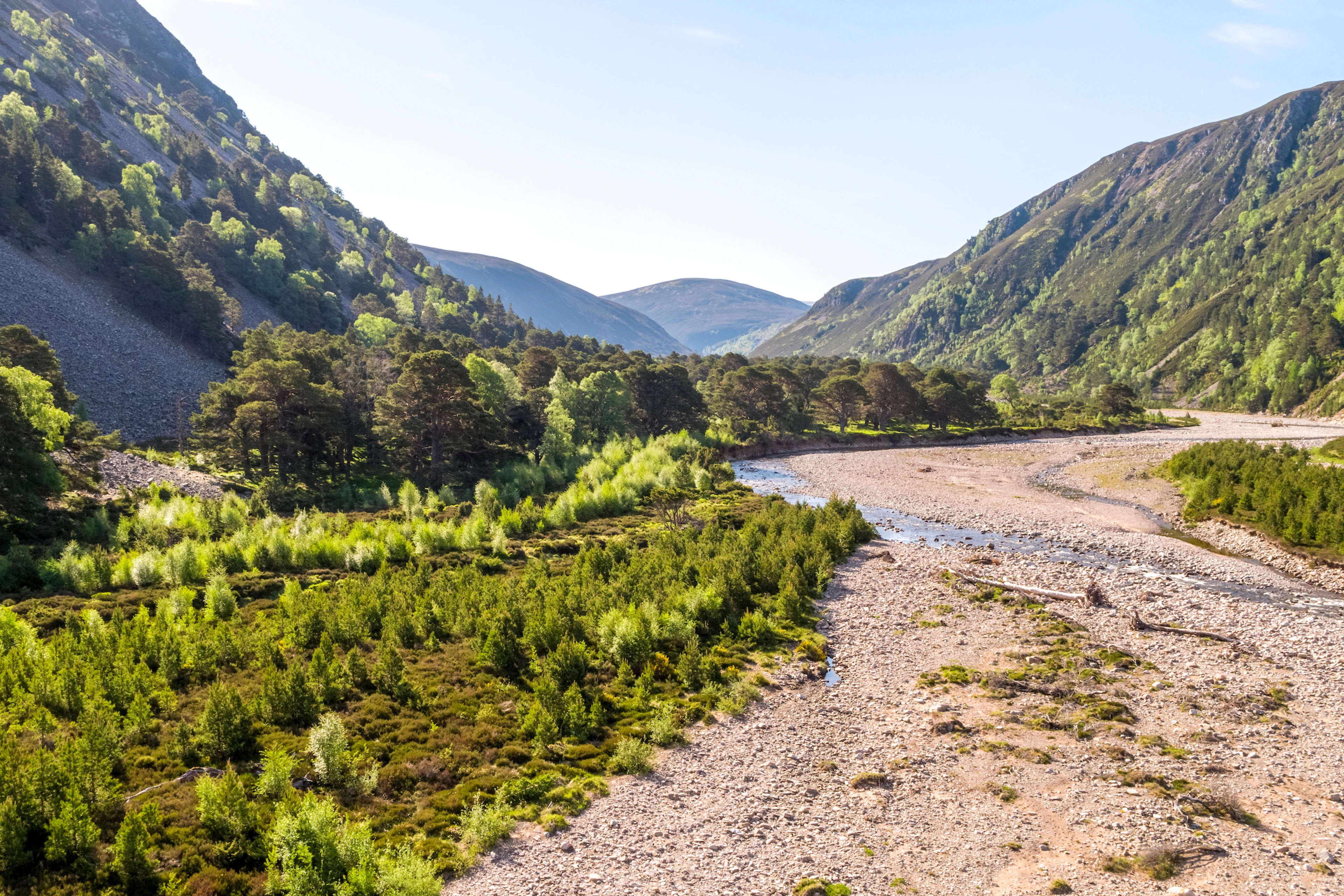
Rewilding in Scotland
Established in 2008 by photographers, filmmakers and writers, SCOTLAND: The Big Picture became the first organisation in Scotland dedicated to communicating the benefits of rewilding and bringing the conversation into the mainstream. Their vision is of a vast network of rewilded land and water across Scotland, where wildlife flourishes and people thrive. Today they remain dedicated to making rewilding happen across Scotland as a solution to the growing climate and biodiversity crises — by influencing opinion and delivering practical change.
Find out more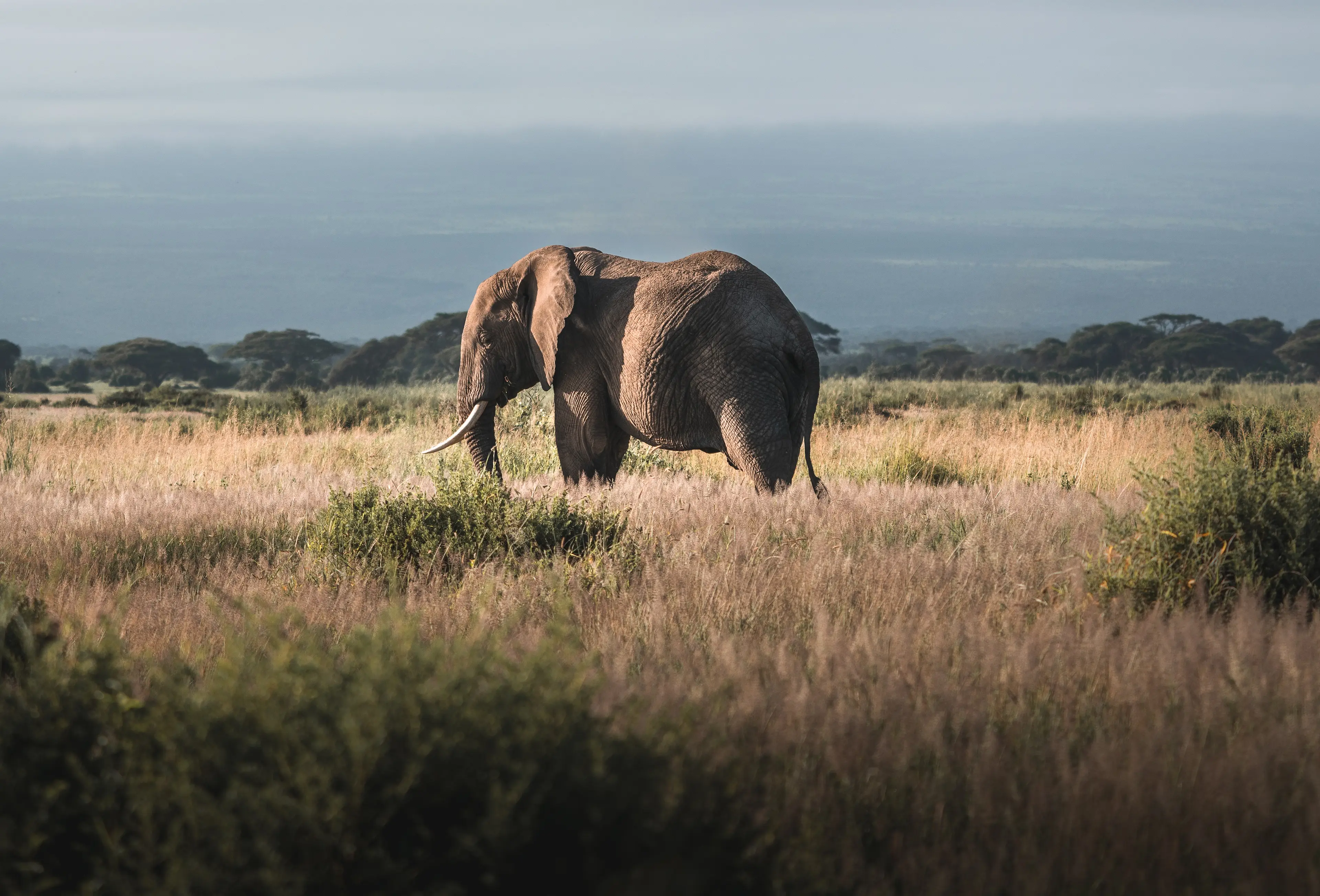
Combat Elephant Poaching in Africa
How Many Elephants is an anti-poaching conservation charity that creates design-awareness led campaigns showcasing the annual poaching rate of 35,000 elephants in Africa, by using design as a powerful visualisation tool to bridge the gap between scientific data and human connection. Moreover, beyond education and awareness they collate grants that are channelled to supporting and partnering with female led rangers that tirelessly patrol vast wilderness areas to stop poachers.
Find out more